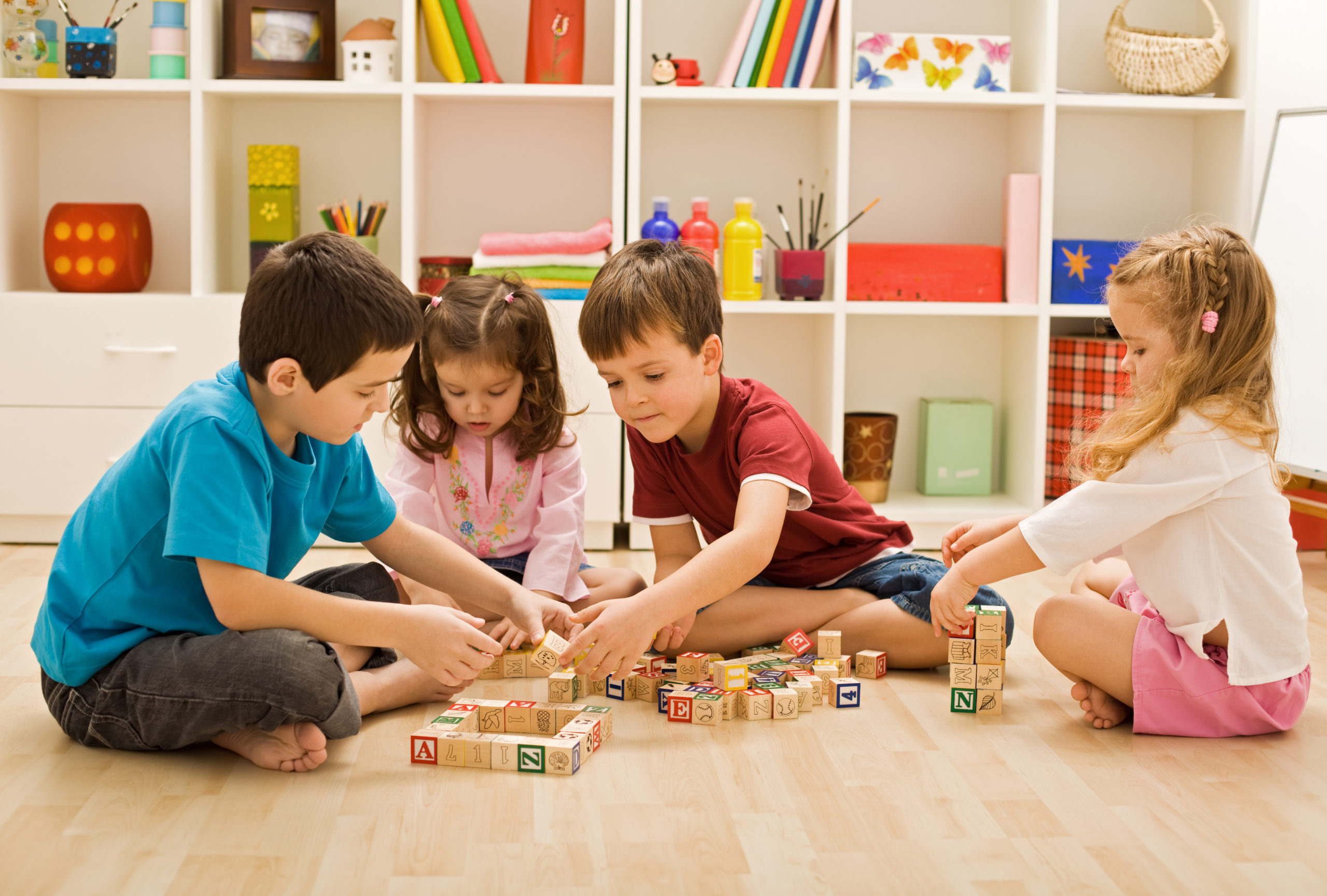Most poisonings in children occur when parents are at home but distracted.
National Poison Prevention Week, the third week in March each year, is a week nationally designated to highlight the dangers of poisonings and how to prevent them. Most childhood poisonings occur when parents or caregivers are home but not paying attention. The most dangerous potential poisons are medicines, cleaning products, liquid nicotine, antifreeze, windshield wiper fluid, pesticides, furniture polish, gasoline, kerosene and lamp oil.
Holidays, visits to and from grandparents’ homes, and other special events may bring greater risk of poisoning if safeguards are not in place. Here are some safety precautions you can take to prevent poisonings in children:
- Ask babysitters, visitors, and houseguests to keep purses, briefcases or bags that contain medicines up high, away and out of sight from your children.
- Store medicine, cleaning and laundry products (including detergent packets), paints/varnishes and pesticides in their original packaging in locked cabinets or containers, out of sight and reach of children.
- Install safety latches on cabinets used for medicines and household products.
- Purchase and keep all medicines in containers with safety caps and keep out of reach of children. Note that safety caps are designed to be child resistant but are not fully child proof.
- Never refer to medicine as “candy” or another appealing name.
- Check the label each time you give a child medicine to ensure proper dosage. For liquid medicines, use the dosing device that came with the medicine. Never use a kitchen spoon.
- If you use an e-cigarette, keep the liquid nicotine refills locked up out of children’s reach and only buy refills that use child-resistant packaging. Ingestion or skin exposure with just a small amount of the liquid can be fatal to a child.
- Never place poisonous products in food or drink containers.
- Keep coal, wood or kerosene stoves in safe working order.
- Maintain working smoke and carbon monoxide detectors.
- When you leave your children in a babysitter’s care, make sure he/she knows about the Poison Help number: 1-800-222-1222.
What to do if a poisoning occurs
- Remain calm.
- Call 911 if you have a poison emergency and the victim has collapsed or is not breathing. If the victim is awake and alert, dial 1-800-222-1222. Try to have this information ready:
- Victim’s age and weight;
- Container or bottle of the poison if available;
- Time of the poison exposure;
- Address where the poisoning occurred.
- Stay on the phone and follow the instructions from the emergency operator or poison control center.
Poisoning prevention in your community
National Poison Prevention Week occurs each year during the third week of March. It is a great time for communities to raise awareness about unintentional poisonings and to share prevention tips. You can find more information and event materials at the National Poison Prevention Week Council.
Emily Riley is an injury prevention program coordinator at Monroe Carell Jr. Children’s Hospital with a background in adolescent health and development. When she is not working, Emily enjoys running, cooking/baking, being outdoors, exploring local coffee shops and spending time with the people she loves. She also has a hard time putting down a good book.

